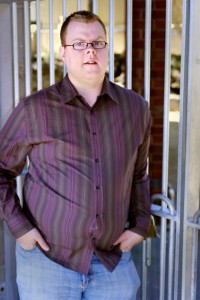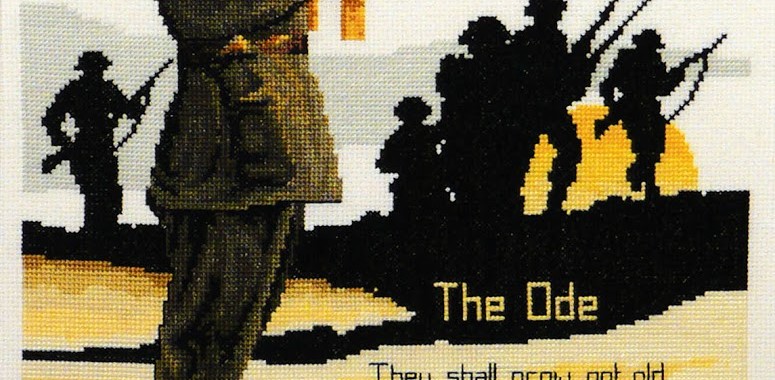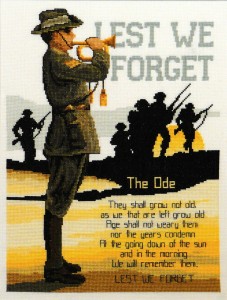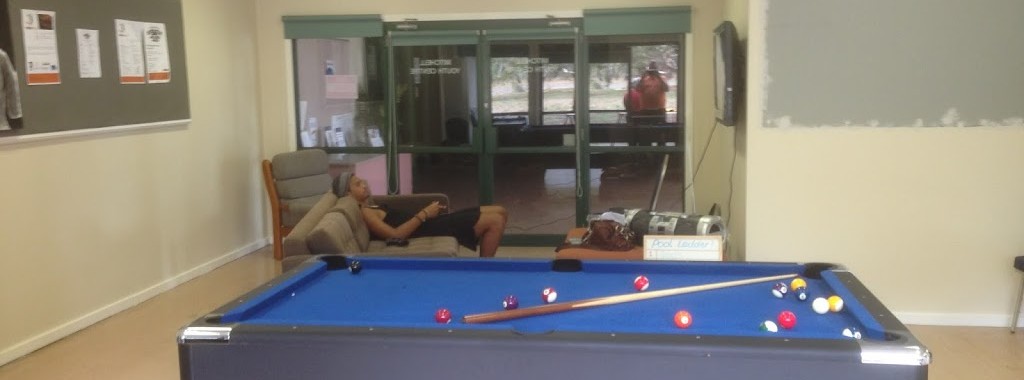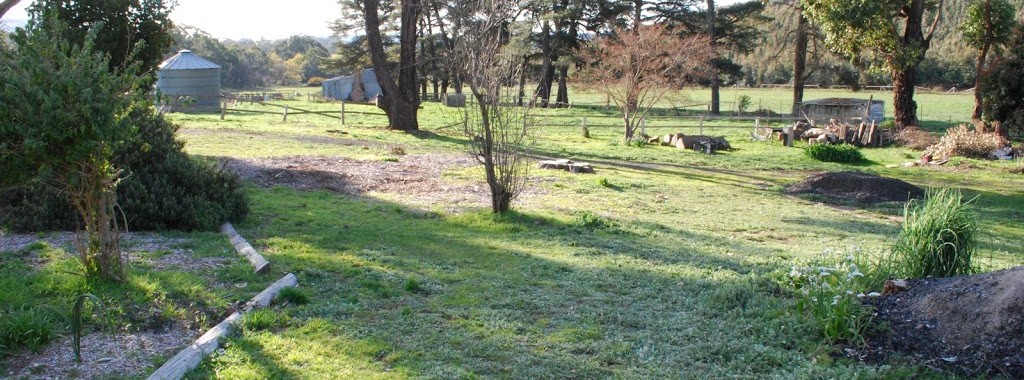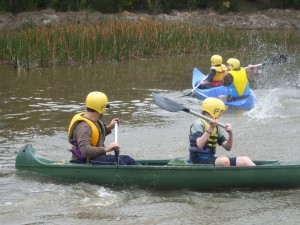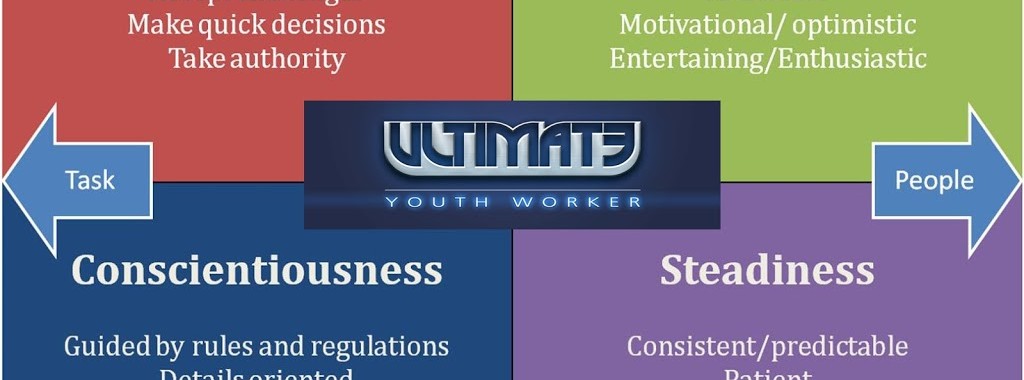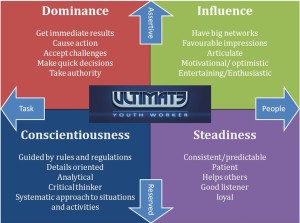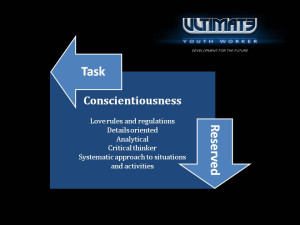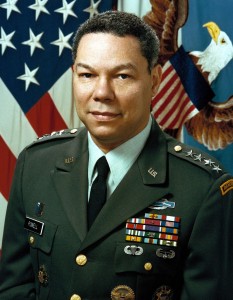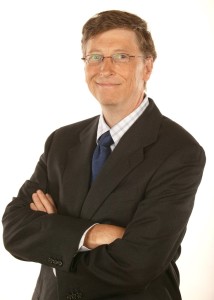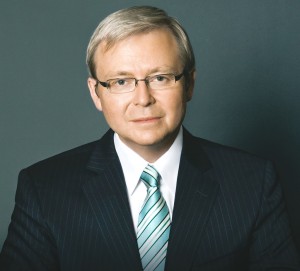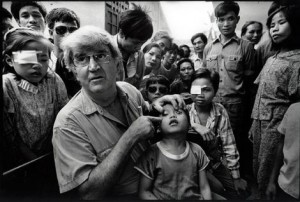Tag Archives: accontability
Why do youth worker’s struggle to work together???
- Youth work has become a competitive industry and this permeates through to staff.
- Vicarious trauma which is not dealt with properly has to come out eventually, usually in burnout.
- When people work in close proximity in tough situations it can lead to some personality clashes.
- Managers provide minimal accountability and do not squash issues within the team quickly enough.
- Some people are just not cut out for youth work!!!
A new paradigm for world wide youth work
What do you think? Leave us a comment below or post a comment on facebook and twitter.
If you haven’t yet, sign up for our newsletter to find out all the goings on at Ultimate Youth Worker. (Sign up here)
What can youth worker’s learn from ANZAC day?
Today Australians throughout the world stop to pay tribute and remember those who lost their lives in World War One and subsequent conflicts. We remember that these young men and women fought for the cause of freedom and lost their lives to help us live the lives we live today. Their sacrifices will never be forgotten. Lest we forget.
As a youth worker I was reflecting recently on the role of youth workers during both world wars. In many ways it was the height of youth clubs. Whether groups like Boy Scouts, the Hitler Youth or the Boys Brigade they all had a surge during those world conflicts. In most cases the youth workers who were involved sought to bring the best in their young people to the fore through skill building and service. However, they also became recruiters for military service.
Youth workers even today find themselves in this role. How many young people have joined military service instead of going to jail after a well meaning youth justice officer persuades a judge that this would be a good option? How many young people have met recruiters in their schools after the welfare team set up a careers day?
Military service is not a bad thing at all. In fact I know many young people who without the military would have ended up in really bad places. The question for youth worker’s is about transparency and role power. There were a number of youth workers on all sides of the wars who used their influence and role power to insight young people to join up and train with malice in their hearts. There were a majority Who supported young people to join up for the cause of freedom and peace. The difference was transparency and use of their role.
Today we are less likely to see a world war than in years gone by. However we are still recruiting young people to fight in conflicts throughout the world. As a youth worker we have a lot of power and influence over young people. We must make sure that our actions are clear and transparent and bring about good.
What do you think???
Youth workers need to do more than just support young people.
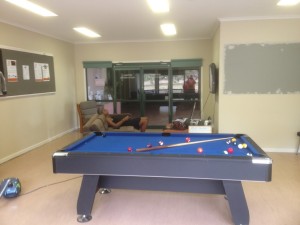 |
| MItchell Youth Centre |
Get out of youth work: how to know when its time to move on.
-
If you stop seeing your clients as human its time to go. Wether it is a particular case or the orginisation or the entire career path will be determined by how jaded you have become. You will only do damage to your clients and in turn to yourself. It is a self fullfilling prophecy and it only ends bad.
-
If your orginisation will not support or is unable to support you, jump ship. Better to take your chances finding another job than being fried. Your health and wellbeing is more important than making quota or your CEO feel better. Needless to say, an orginisation that does not support its staff is not really supporting its young clients either.
-
Having significant people outside of your career is crucial to providing clear insight into you and your level of strain. I mentioned my wife, who was an amazing support during this time, however I had friends, family and mentors who also provided much needed respite and assurance.
-
It can only end bad if you keep gutting it out. The more you invest the more likely you will fall. If you are not getting good supervision and support gutting it out is like playing russian roulette. The question is not if you will get shot , but when.
Do you have a code of ethics???
How youth worker’s can get more things done!
First, clear you mind and put it on paper.
Second, clarify your commitment and what you really need to do.
Third, once you have set a goal set reminders in a place you will be reminded.
Deep engagement in youth work
If you haven’t yet sign up for our newsletter, find out all the goings on at Ultimate Youth Worker by signing up using the form at the top right of this page. It is all you need to do.
You can also sign up to have our blog posts sent straight to your email by adding your email to the subscribe button on your right.
You can also leave us a comment below or post a comment on facebook and twitter.
Observe the C in DISC for youth worker’s
A high level of CONSCIENTIOUSNESS can lead to giving in to avoid conflict. They can be slow to act and do not see the forrest for the trees. They see the problems and can be critical of others. To make a decision these guys need every piece of information and every avenue of thought to be addressed… even then if there is any risk they may not act. They are thorough and persistent. They are matter-of-fact which can come accross as abrasive.
Here are our top seven tips for working with people with CONSCIENTIOUSNESS behavioural traits:
-
Give clear expectations and deadlines: If you want a decision tell them that. Be clear about the time frame too. Don’t extend your timeline be clear that a decision needs to be made and when you want it done by.
-
Show dependability: Let them know that you depend on their work and that they can depend on you to support them.
-
Show loyalty: Back them whereevr you can. These guys don’t like conflict so will not argue with you if you go against them, they will just withdraw. If you can, Show them you are on their side.
-
Be tactful and reserved: Even if you are going to go with another idea be supportive of them. They are not party animals so tone it down and focus on their knowledge and expertise.
-
Honour precedents: If something has worked in the past and they bring it to your attention try to run with their idea. If there is a rule in place, even if it is unwritten, be aware and open to following it.
-
Be precise and focused: this is similar to number one, however is more about how to do it. Do not leave any ambiguity. Be clear consice and if necesary say it twice. Set SMART goals and require them to report on their actions. Send your request in an email… they’ll love it.
-
Value high standards: These guys expect perfection and then attempt to deliver it. When they want to have it perfect but you have a short timeframe express your thanks for their standards but explain the need for brevity. Hold it in high regard. Praise them for their effort. Let them know you still expect the highest possible quality within the timeframe.
Some well known high CONSCIENTIOUSNESS behaviour holders you may know and have seen.
If you haven’t yet sign up for our newsletter to find out all the goings on at Ultimate Youth Worker. The form at the top right of this page is all you need to do.
You can sign up to have our blog posts sent straight to your email by adding your email to the subscribe button on your right.
You can also leave us a comment below or post a comment on facebook and twitter.

